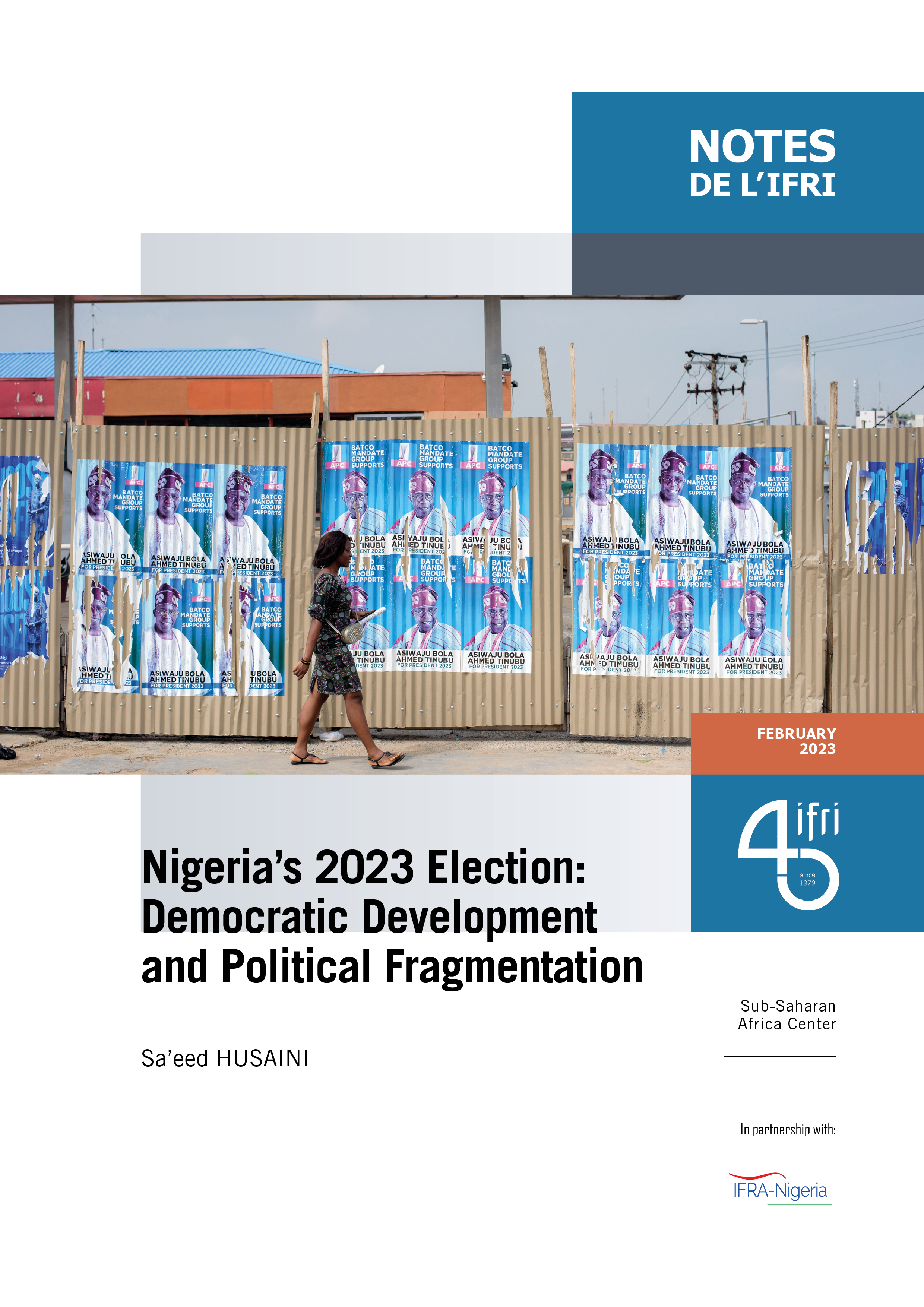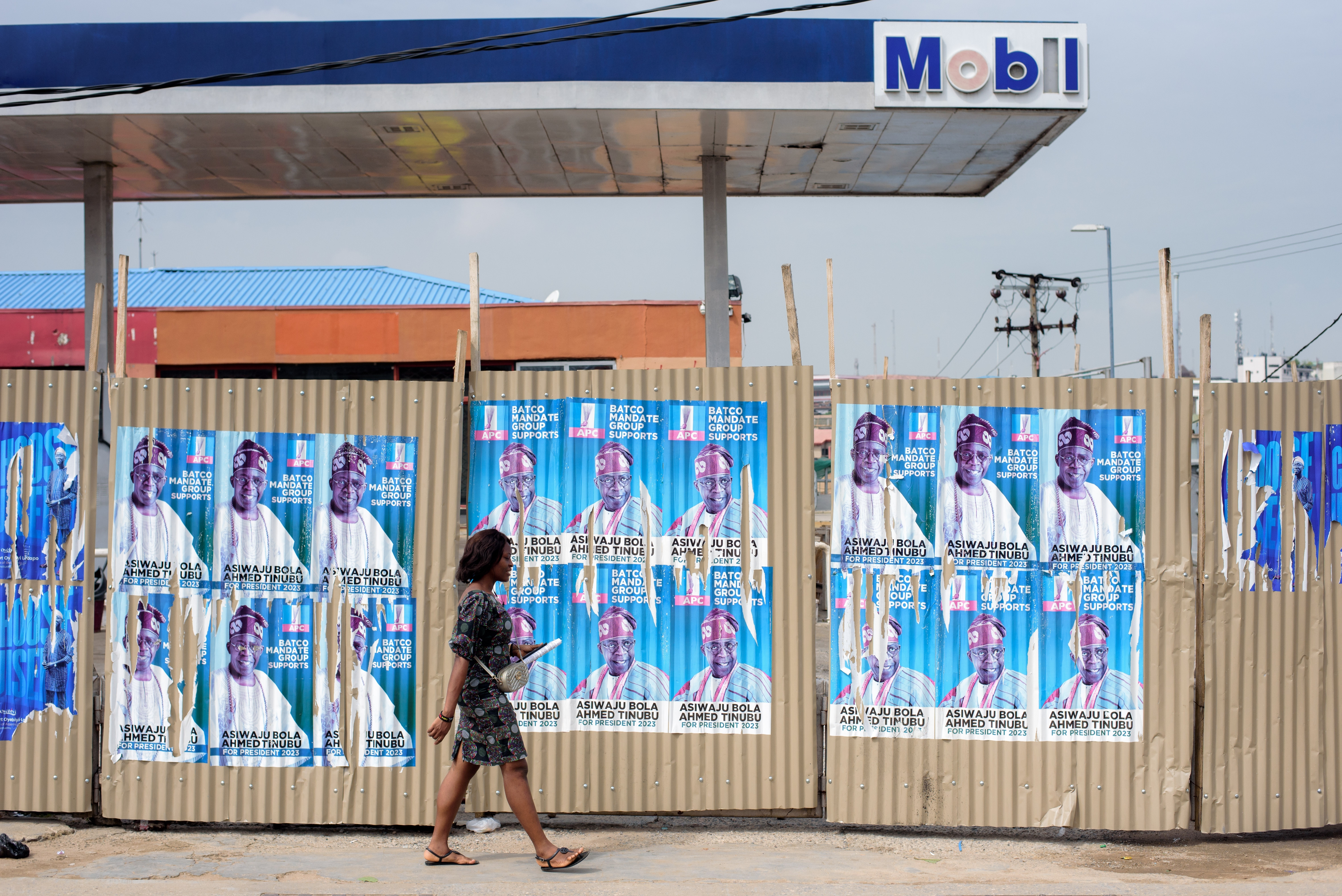Nigeria’s 2023 Election: Democratic Development and Political Fragmentation

Nigerians will go to the polls on February 25 to elect a new president and members of the National Assembly. This marks the 7th in an unbroken sequence of presidential elections held since the country’s return to democracy in 1999.

With President Muhammadu Buhari unable to compete in the election having served two full terms, the unpopular ruling All Progressives Congress (APC) party will face a formidable challenge, not only from its traditional rival, the People’s Democratic Party (PDP), but also from an unprecedented ‘third party’ challenger – a previously marginal but now surging Labour Party.
This paper analyzes Nigeria’s 2023 election not only in the context of this unique partisan configuration, but also considering the wider set of factors that will, in all probability, influence the organization and the outcome of the election. These factors include the preparedness of the Independent National Electoral Commission and especially its capacity to properly deploy its newly acquired biometric and result transmission technologies.
In addition, the analysis explores the ways in which the voting process and result will also reflect the limitations and risks imposed by Nigeria’s current climate of chronic insecurity, resulting from active armed militia and criminal groups operating across nearly all regions, but particularly in the Northeast, Southeast, and South-south. Insecurity has likewise coincided with rising elite polarization and the breakdown of the “zoning’ consensus ahead of the election, elevating the importance of identitarian political rhetoric in the campaigns. While insecurity appears likely to contribute to the trend of declining voter turnouts observed in previous elections, the apparent increase in political interest, particularly among young voters, as reflected in the spike in the collection of voters cards ahead of the election might mark a countervailing trend.
Against this backdrop, the paper also considers the major parties, candidates, their political projects as well as their target constituencies. It finds that the parties articulated moderately divergent emphases while remaining largely consonant on the contentious economic questions of the period. It also considers possible elections scenarios that may result from the varying institutional and political characteristics of the main parties. Ultimately, it finds that the 2023 poll will represent the continued evolution of Nigerian electoral institutions and political participation in a context of lingering social division and insecurity.
Download the full analysis
This page contains only a summary of our work. If you would like to have access to all the information from our research on the subject, you can download the full version in PDF format.
Nigeria’s 2023 Election: Democratic Development and Political Fragmentation




